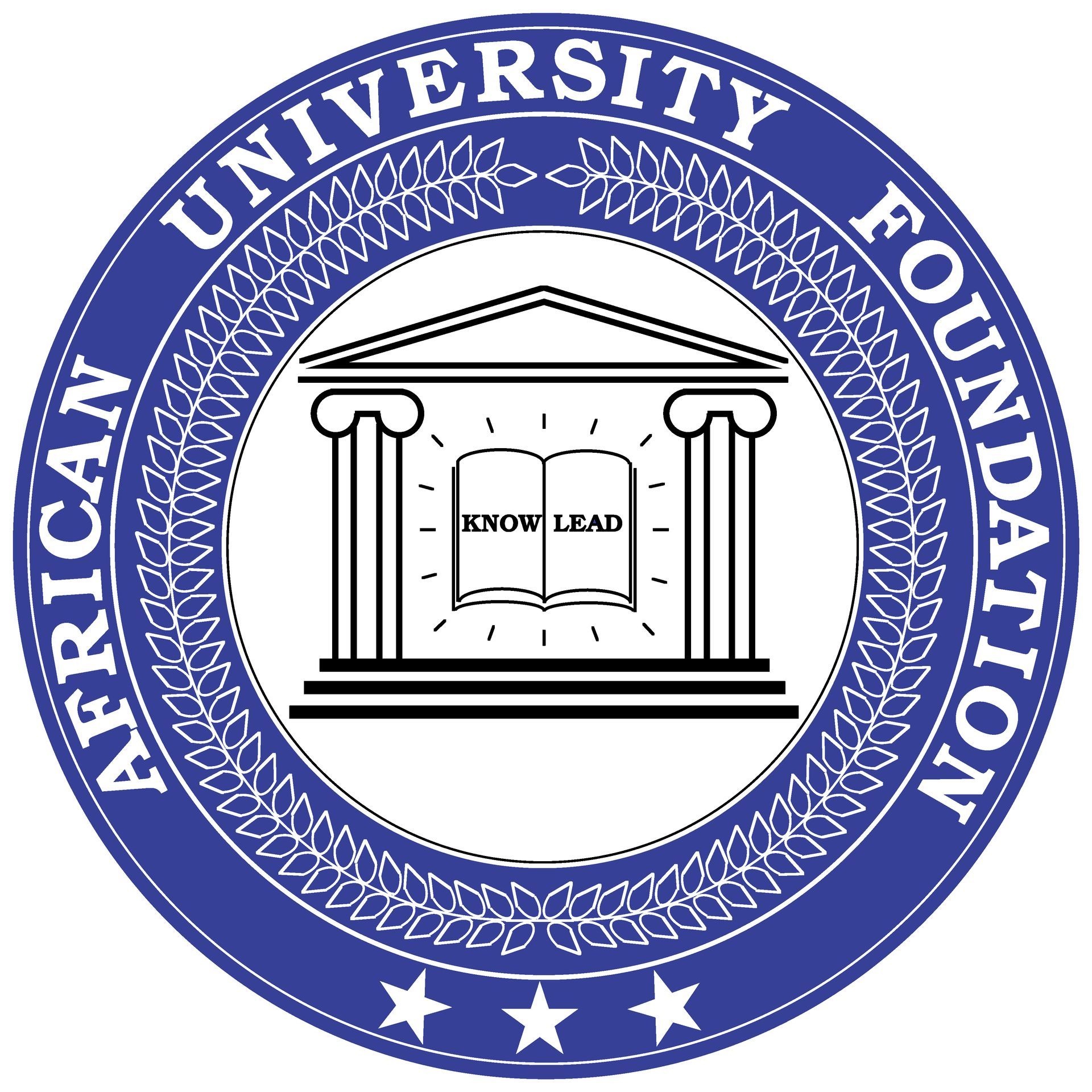OUR CONCEPT
The need to strengthen and reform civil society in Africa for the purpose of galvanizing economic development, political stability and social well-being has been well articulated by many observers over the years. An important institutional key to meet these needs must be higher education, which has the potential to build human capacity, shape human values, strengthen leadership skills, and trigger the emergence of a more productive and competitive African society responsive to the challenges and advantages of our globalizing world. African University in Tali, Cameroon, promises to serve as a conduit for imparting and restoring society’s heritage, knowledge and wisdom, belief systems and values, customs and traditions. Cultural values provide direction to human life. Thus, when people seek the values of their culture, they give meaning to their life.
In a much broader sense, as the societal expectations and public resources both within and outside the academy shifts, the African University emerges as the embodiment of a new vision in the multi-dimensional task of social change. The African University has the essential responsibility to re-launch Africa's development and put it on a pathway of enduring peace, poverty reduction, and sustainable development. Yet another purpose is to construct a renewed global partnership between Africa and the international educational community, based on a shared purpose, agreed responsibilities and mutual accountability.
African University's vision is to systematically address in a clear and coherent manner the key social, economic and political challenges facing African countries through education. The net result of which will necessitate peace, security, democracy, good governance, human rights and sound economic management which are all necessary conditions for Africa's advancement.
African University will provide an empowering and enriching context in which ideas, values and leadership can be cultivated. The African University project demonstrates a renewed commitment, confidence, and faith in Africa, Africans, and friends of Africa around the world. Although African University will find its home in Tali, Cameroon, its impact will go beyond the borders of Cameroon. The realization of African University is imperative!
In a nation on a continent where rural populations predominate and where rural populations are commonly marginalized, development must begin with a trained cadre of individuals capable of addressing local and rural needs. Rural poverty (defined in terms of economics, educational, social, and job skill deficiencies) must be addressed as the fundamental need. African University must position itself at the outset to respond effectively in the short term to the root causes of rural poverty. Doing so will position African University as a credible contributor to rural development. Significant contributions to poverty alleviation and rural development begin with strengthening capacity in agriculture (which underpins the rural economy), primary health care (particularly as it relates to infectious disease prevention and treatment), and primary education (which begins the empowerment of rural people).
Higher education can contribute to these three essential rural development sectors through both degree and non-degree (“Certificate”) educational programs. We propose to launch African University as an important development presence through implementation of an integrated, participatory, experiential series of learning experiences for local/regional leaders and the youth culminating in the issuance of an academic credential endorsed by African University.
We believe that such a launch of African University will establish it as a credible and significant contributor to rural development in the region. The “train the trainers” model will multiply the presence and impact of African University in the region quickly. Such visibility will generate local support for and interest in African University, establishing a platform for further growth of the University along more traditional pathways.
These training programs will remain an essential component of the educational offerings of African University as further programmatic development goes forward. In addition, and at a future date, the university will begin to implement bachelor-level degree programs in the three initial theme areas mentioned above: agriculture; public health/primary health care; teacher education. Over time, additional educational areas, likely to include such disciplines as business/entrepreneurship, engineering, and technology, will emerge as the university grows.
The three theme areas identified for the initial phase of African University (agriculture, primary health care, primary education) have been carefully selected to target key rural development needs based on our experience in the region. In addition, we recognize that these three areas are both interconnected and mutually reinforcing. For example, good health is dependent on adequate nutrition (provided by successful and abundant agriculture). Well fed children learn better. Economic growth must be built on an agricultural foundation since this is the core of the rural economy. Increased incomes are generally associated both with better health (through selection of better quality food) and increased aspirations for new opportunities (stimulated by educational achievement). Quality education is a key to attaining these new opportunities. Education is also a key to rural development through its ability to strengthen agricultural enterprises and encourage good health practices. With these interconnections in mind, we will strive to develop training modules that highlight the integrative nature of these rural development themes in addition to building strengths, skills, and knowledge to increase the capacity of sector practitioners to be successful in their individual occupations.
This is clearly the place to begin. The time is right. The energy and commitment is present. The goal is attainable. We simply need the resources to move forward. We invite your assistance and
This is clearly the place to begin. The time is right. The energy and commitment is present. The goal is attainable. We simply need the resources to begin. We invite your assistance.
💻 website by Crowd Digital Marketing
